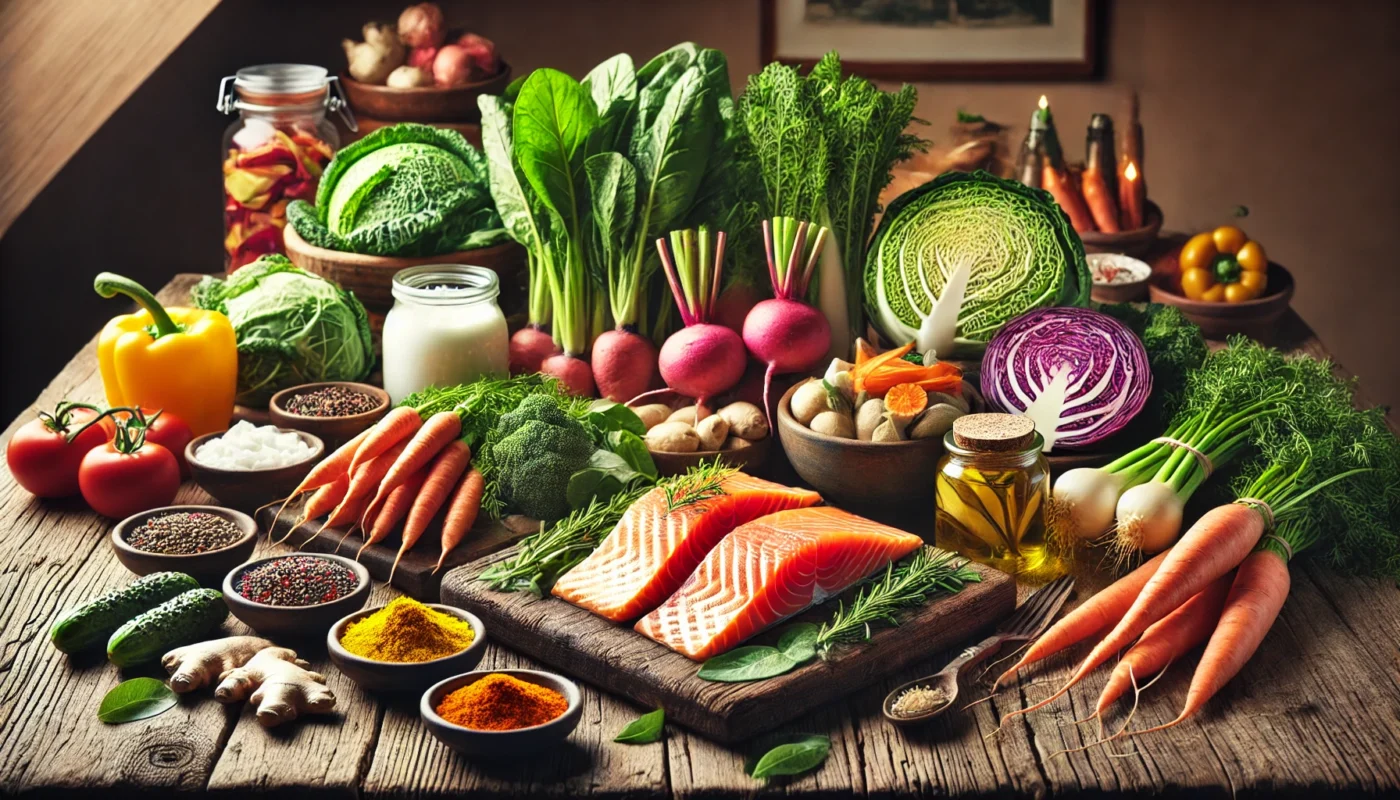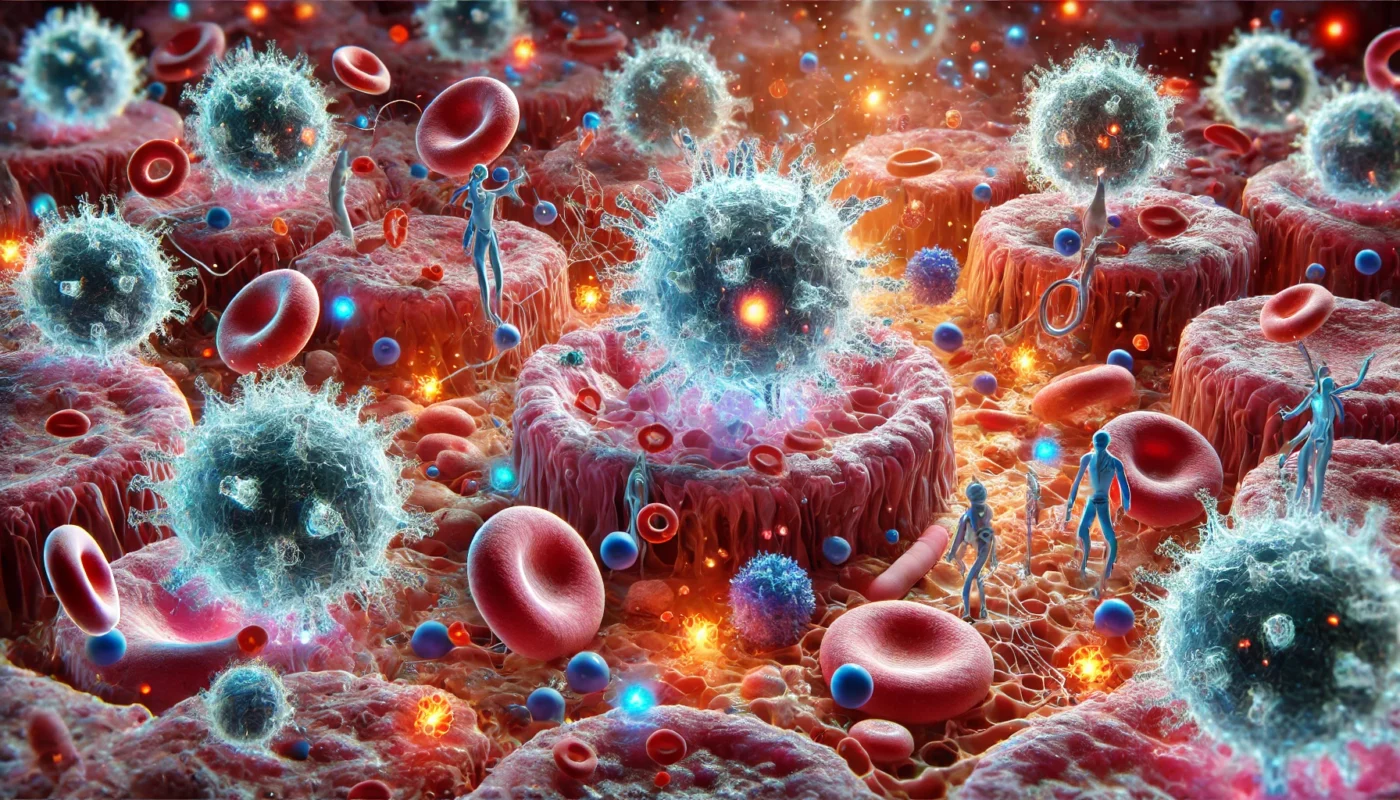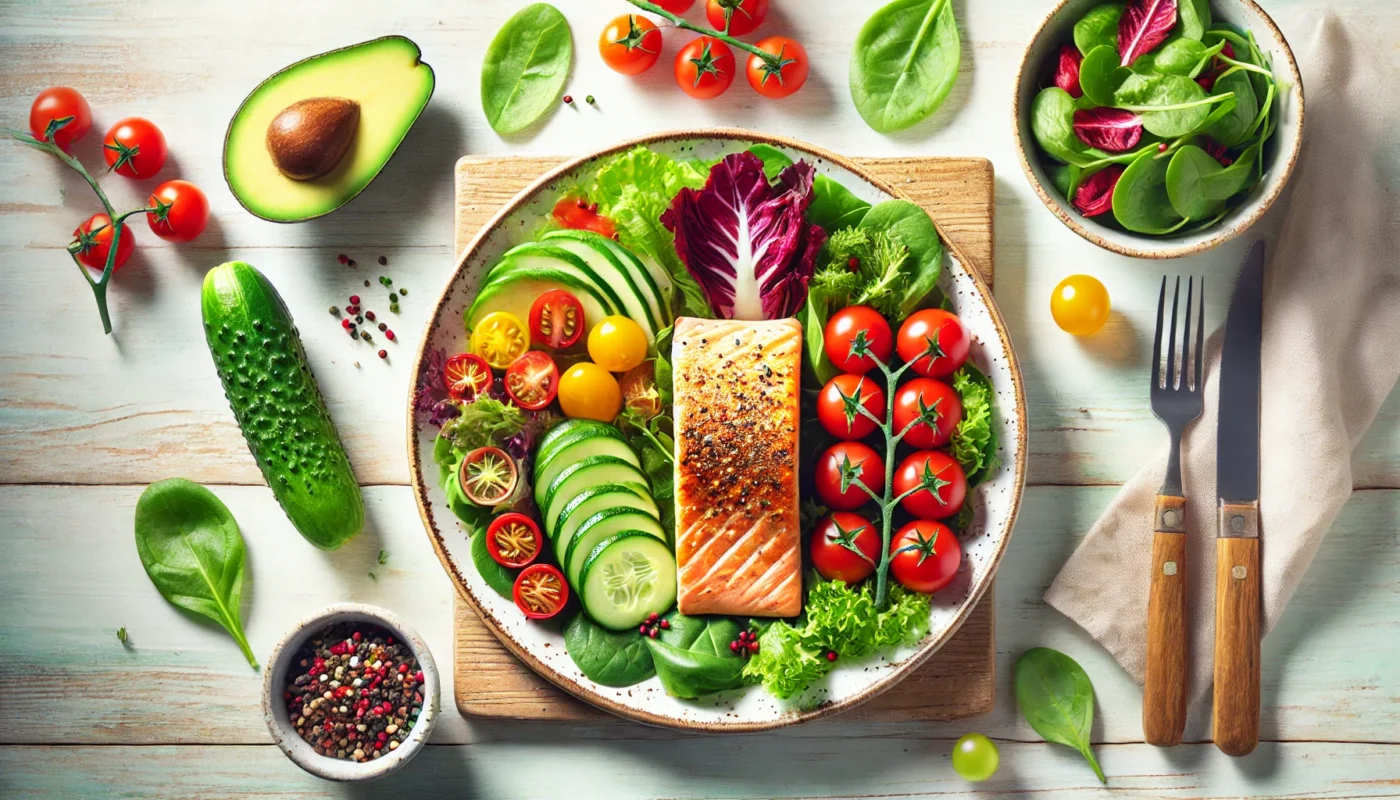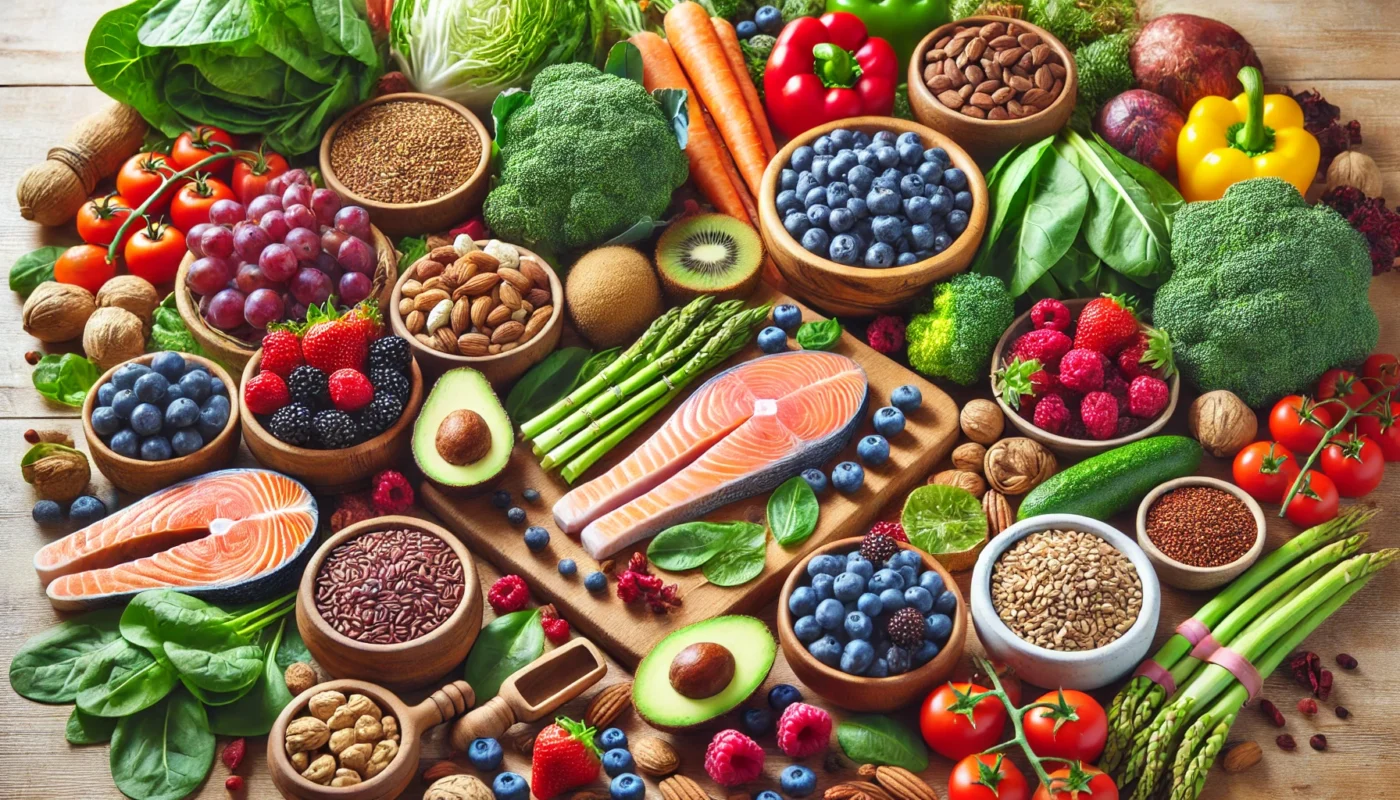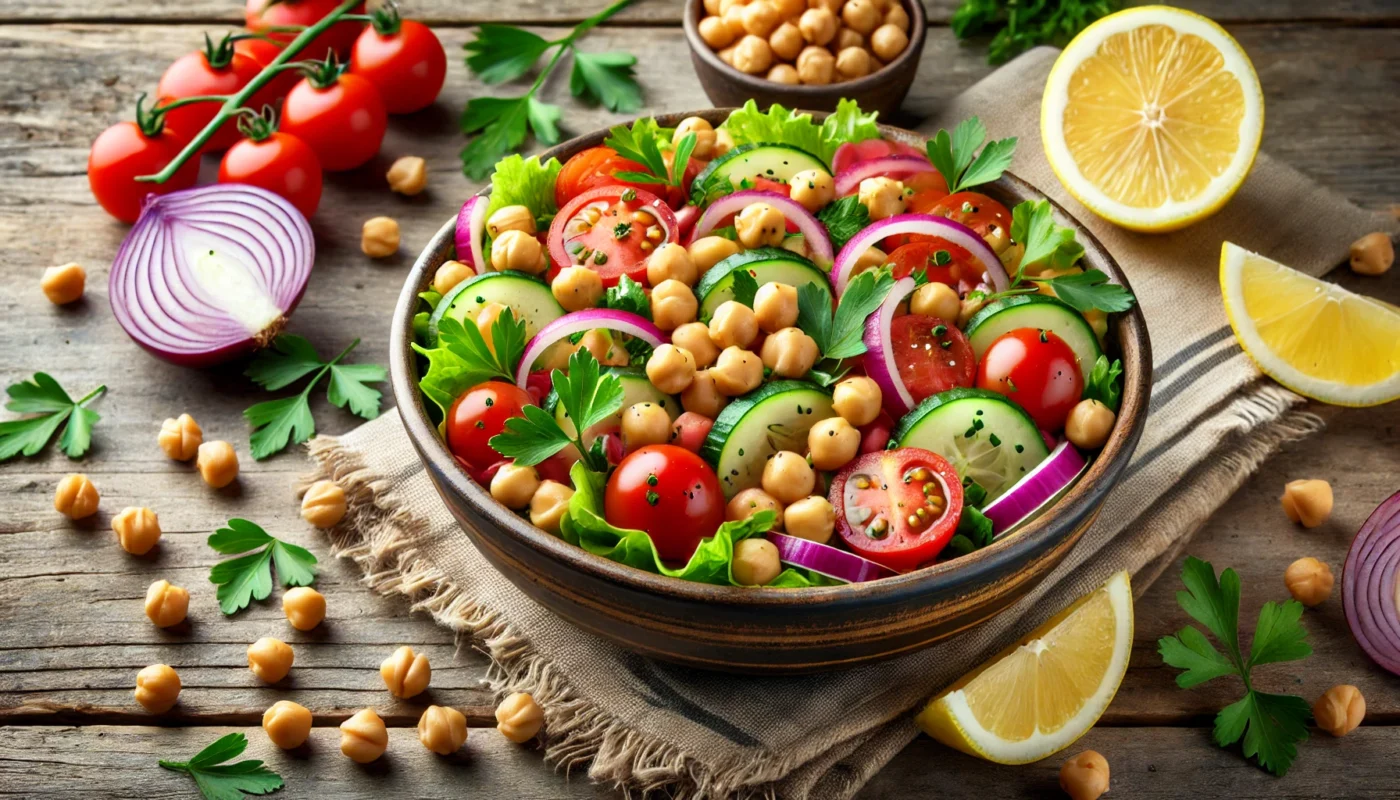Autoimmune diseases occur when the immune system mistakenly attacks the body’s own tissues, leading to inflammation and damage. Common conditions include rheumatoid arthritis, lupus, and multiple sclerosis. The exact causes of these diseases are not fully understood, but it is believed that a combination of genetic and environmental factors plays a role.
Tag Archives: Meal Prep
Inflammation is the body’s natural defense mechanism, triggered by the immune system to protect against injury, infection, or toxins. It involves the release of inflammatory proteins and chemicals to facilitate healing. However, when inflammation persists, it can result in chronic conditions. The key to managing inflammation lies in balancing the body’s response, ensuring it is neither overactive nor underactive.
When the body detects an injury or harmful pathogen, the immune system springs into action. White blood cells are dispatched to the affected area, releasing chemicals that cause blood vessels to expand. This process allows more immune cells to reach the site, facilitating repair. However, this response must be carefully regulated, as an unchecked immune reaction can lead to tissue damage.
Inflammation involves a complex interplay of cellular and molecular events. Pro-inflammatory cytokines and chemokines are produced to recruit immune cells to the site of injury. Additionally, the complement system, a group of proteins in the blood, becomes activated to enhance the ability of antibodies and phagocytic cells to clear pathogens. Understanding these mechanisms is crucial for developing strategies to manage inflammation effectively.
This guide will delve into the essentials of an anti-inflammatory diet, providing you with printable resources and meal plans to help you embark on this transformative journey towards better health.
An anti-inflammatory diet focuses on consuming foods that reduce inflammation and avoiding those that trigger it. The cornerstone of this diet is a variety of whole, nutrient-dense foods. Let’s break down the main components.
When it comes to maintaining optimal health, the importance of a balanced diet cannot be overstated. Recent research underscores the significance of incorporating anti-inflammatory foods into our daily meals to combat chronic inflammation, a silent contributor to many health issues, including heart disease, diabetes, and arthritis. In this article, we’ll dive into nutrient-packed anti-inflammatory snacks that are not only delicious but also beneficial for your overall well-being.
In today’s fast-paced world, maintaining a healthy diet can often seem like an overwhelming task. With the demands of work, family, and social commitments, it can be challenging to find the time and energy to focus on what we eat. However, with the right knowledge and tools, adopting a nutritious diet becomes a manageable and rewarding endeavor. This article delves into the essential healthy diet foods you should incorporate into your daily routine, offering a blend of scientific insights and practical advice. By embracing these dietary changes, you can enhance your physical health, mental well-being, and overall quality of life.
Inflammation is a natural response of our bodies to injury or illness. However, when it becomes chronic, it can lead to serious health issues.
One way to combat chronic inflammation is through diet. Certain foods have anti-inflammatory properties that can help reduce inflammation in the body.
This guide will provide you with a comprehensive anti-inflammatory shopping list. It will help you understand which foods to include in your diet and which ones to avoid.
We will delve into the science behind anti-inflammatory foods and supplements. We will also provide practical tips on how to incorporate these foods into your daily meals.
Whether you’re a fitness enthusiast, a health enthusiast, or a medical patient, this guide is for you. It aims to help you manage existing health conditions, prevent potential health risks, and improve your overall wellbeing.
By the end of this guide, you will have a clear understanding of how an anti-inflammatory diet can impact your health. You will also be equipped with the knowledge to make informed dietary choices.
In the quest for optimal health, the foods we consume play a pivotal role. One food that has sparked interest and debate is the humble chickpea.
Also known as garbanzo beans, chickpeas are a staple in many diets worldwide. They’re packed with protein, fiber, and a host of vitamins and minerals. But the question that often arises is: are chickpeas inflammatory or anti-inflammatory?
Inflammation is a natural process in the body. However, when it becomes chronic, it can contribute to various diseases. Hence, understanding the impact of our diet on inflammation is crucial.
Chickpeas, with their rich nutrient profile, have been linked to numerous health benefits. But do these benefits extend to managing inflammation? This is a question we aim to answer.
In this comprehensive guide, we’ll delve into the scientific research surrounding chickpeas and inflammation. We’ll explore their nutritional content, potential health benefits, and any concerns related to inflammation.
Our goal is to provide you with a clear understanding of where chickpeas stand in the inflammation debate. We’ll also offer practical advice on how to incorporate them into your diet for improved health and wellness.
So, let’s embark on this journey to discover: Do chickpeas cause inflammation in the body?

